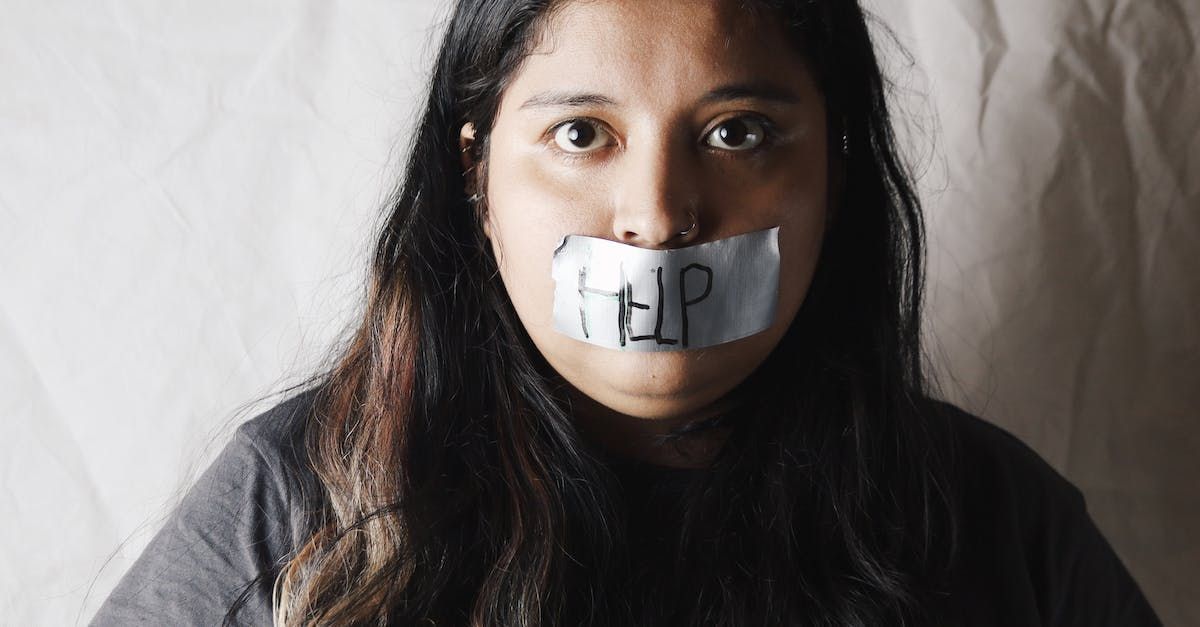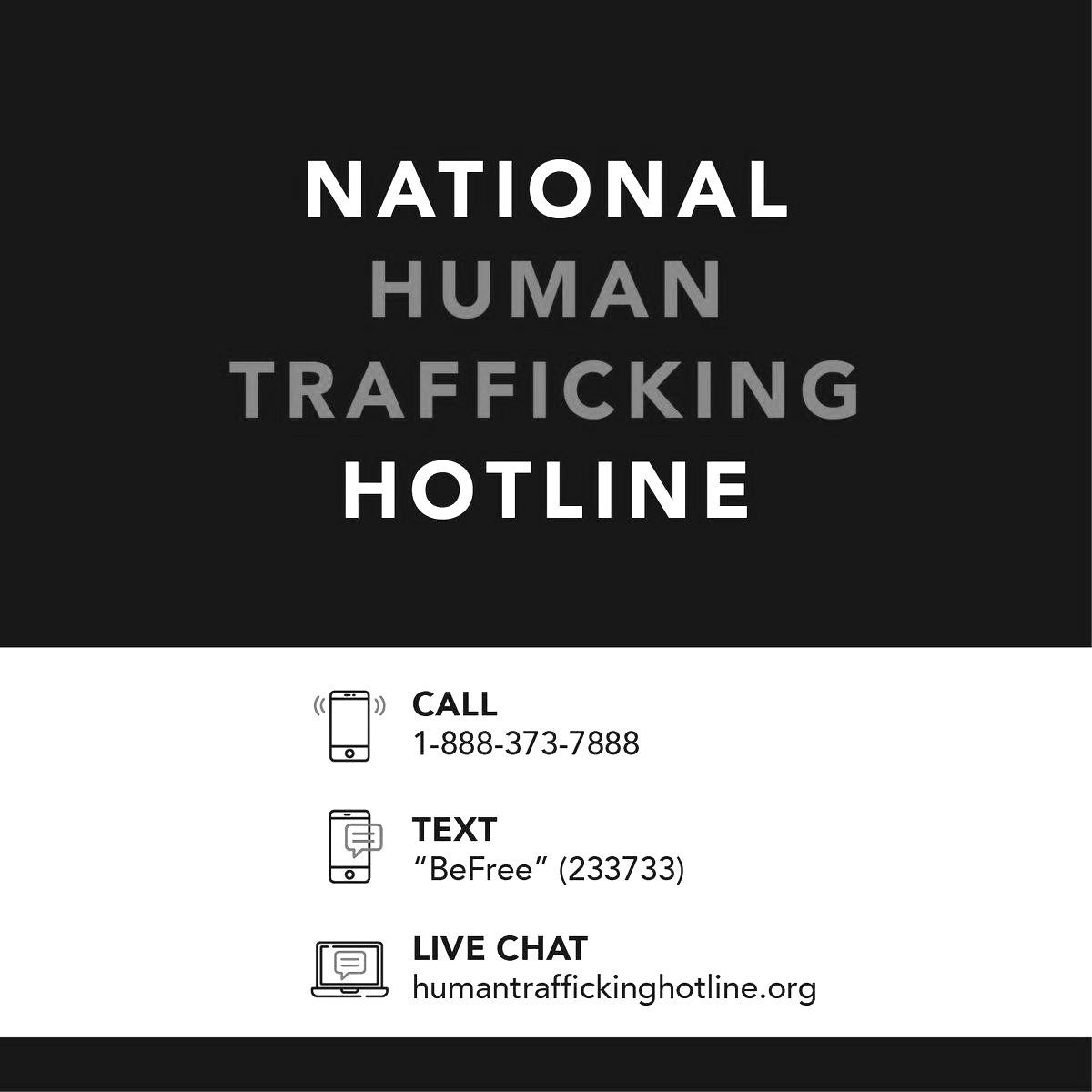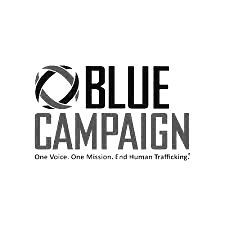Human Trafficking Awareness
Join our mission to combat human trafficking. Your action matters. Explore resources, spread awareness, and contribute to the fight for freedom. Together, we can make a difference.
Shedding Light On Human Trafficking
Welcome to our Human Trafficking Awareness hub. Here, we are dedicated to shedding light on the dark corners of human trafficking, fostering awareness, and empowering change. Join us in this crucial mission to combat exploitation, protect vulnerable individuals, and create a world where every person is free.
Prevention
Intervention
Protection
Prosecution
What is human trafficking?
U.S. law defines human trafficking as the use of force, fraud, or coercion to compel a person into commercial sex acts or labor against their will.

What we offer the community!

1.
Free Online Training
2.
Free Resources
3.
B2B Human Trafficking Collaboration
4.
Community Awareness Events and Fundraising
Human Trafficking
To contribute to addressing human trafficking, it's essential to comprehend the intricacies of this complex crime and the various ways people can become victims.
We provide free training and resources online to assist in gaining this understanding.
Human Trafficking Hotline 1-888-373-7888 | Text "BeFree" (233733) | Live Chat humantraffickinghotline.org
United States Statistics
These statistics DO NOT include unreported cases
Statistics
- According to the National Human Trafficking Hotline, there were 11,500 reported cases of human trafficking in the United States in 2020.
- The Polaris Project estimates that around 25 million people globally are victims of human trafficking, and the United States is a source, transit, and destination country for this crime.
- The International Labour Organization (ILO) estimates that human trafficking generates around $150 billion in illegal profits annually, with a significant portion coming from the United States.
Statistics










